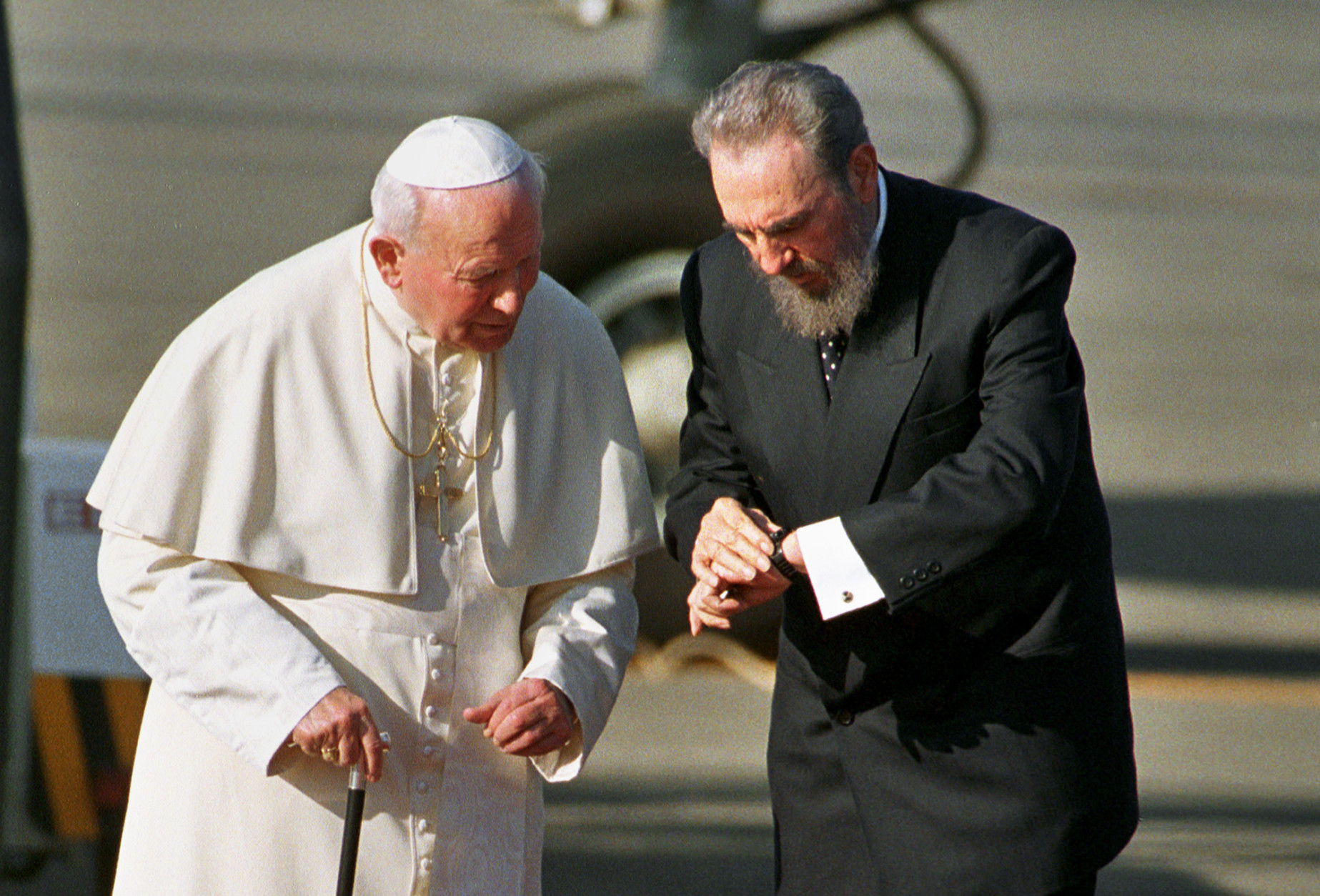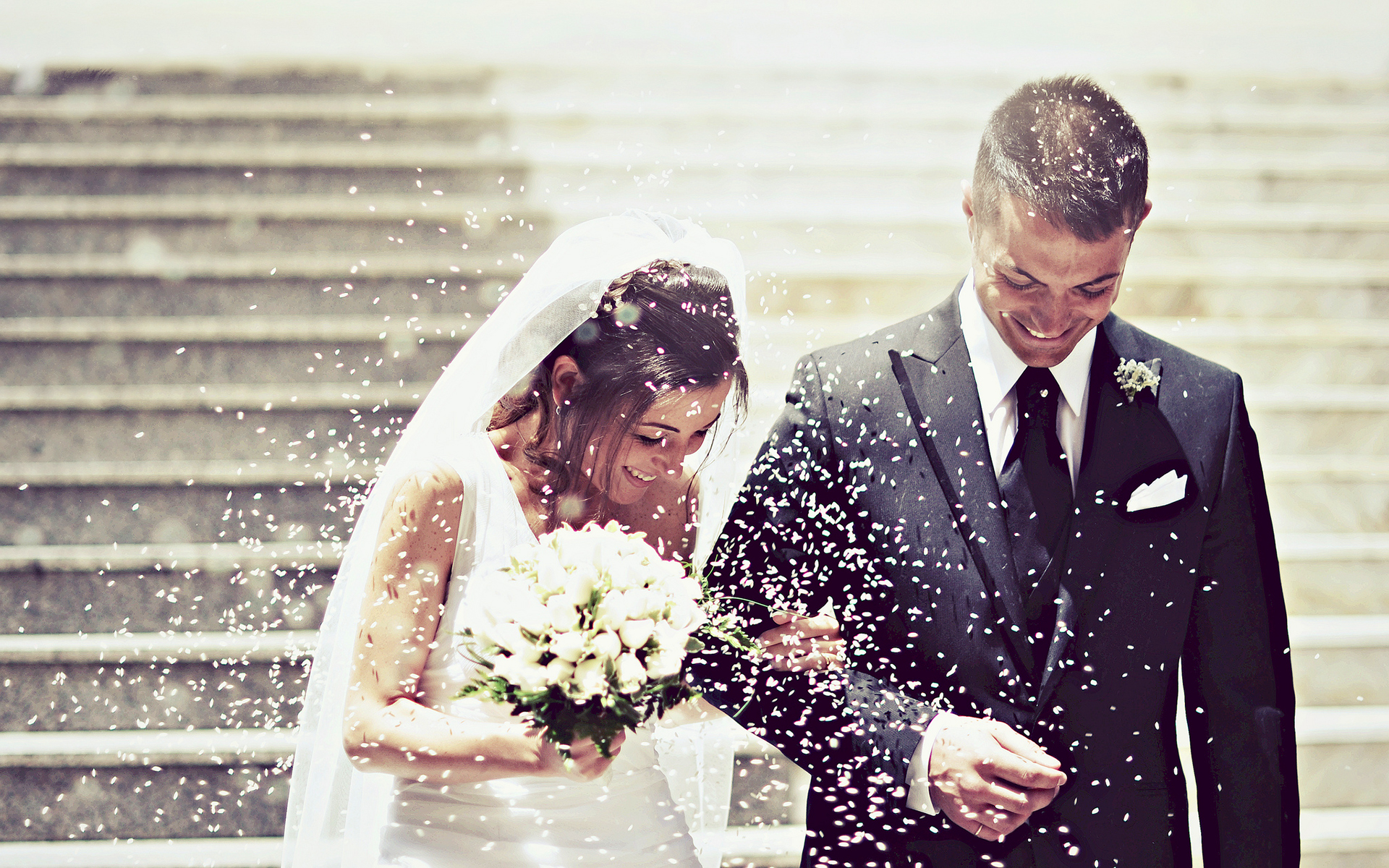By all accounts, Zachary Hood is a pretty normal 9–year–old Catholic boy. A couple of years ago, while a first–grader in a Northern New Jersey public school, Zach was asked by his teacher to read his favorite story in front of the class.
He chose one from “The Beginners Bible”—about Jacob’s reunion with his estranged brother Esau, one of the Bible’s classic stories of forgiveness and reconciliation. Zach was sent back to his seat in tears, told by his teacher that he couldn’t read a Bible in public school.
The principal backed up the teacher, telling Zach’s mother that reading a Bible story would be tantamount to praying in a public school, a violation of the Constitution’s ban on state establishment of religion. If Zach wants to read the Bible, he added, he should enroll in a private school.
Zach’s mother took the case to court, arguing that the school’s actions violated Zach’s right to freedom of expression. We agree.
 What possible educational, moral, or constitutional purpose was served? How easy it would have been for the teacher to let Zach proudly read his story, ask him to explain his selection and use the occasion to talk to the class about the timeless values it expresses. It wouldn’t be proselytizing. It wouldn’t be Bible–thumping. It wouldn’t be a case of “establishing” Zach’s God as better than any rival deity. It could simply have been what they call a “teachable moment.”
What possible educational, moral, or constitutional purpose was served? How easy it would have been for the teacher to let Zach proudly read his story, ask him to explain his selection and use the occasion to talk to the class about the timeless values it expresses. It wouldn’t be proselytizing. It wouldn’t be Bible–thumping. It wouldn’t be a case of “establishing” Zach’s God as better than any rival deity. It could simply have been what they call a “teachable moment.”
Instead, a classroom full of children were sent the message by a trusted adult, an authority figure, that the Bible is something to be afraid of, something infectious, to be guarded against. And a young boy was humiliated and made to feel ashamed for daring to bring his favorite book to class. What a lesson to be absorbed by those impressionable young hearts and minds.
And what a statement the episode makes about the status of religious belief in our society.
Consider what was really going on in that classroom: A young boy was told that in order to receive his education, to attend a school his family pays for with its tax dollars, he must reject or suppress a core of his personality—his faith and his love for the Bible. This isn’t like banning cursing, or fighting, or guns or chewing gum in the classroom. No educational, practical or civic purpose is served by such a policy. And it violates the deepest of human rights—the rights of parents to rear their children in the faith, and the right of a young soul to be nourished, to grow and to flourish.
We are fairly certain that neither Zach’s teacher nor the principal is a secularist zealot. Unfortunately, what they did is understandable in light of 25 years of confusing U.S. Supreme Court rulings that have encouraged small–minded, hair–triggered“civil–liberties” litigation. We doubt there are many public schools in the country that would have reacted differently. Every school seems to be on the lookout for frivolous lawsuits charging them with “imposing” or “promoting” religion.
Predictably, the courts so far have sided with the school. A federal–appeals court is expected to issue its ruling in the next several weeks. We hope it finds a way to restore some common sense, some sanity, to the way we treat religion and public education.
Originally published in Our Sunday Visitor (August 1, 1999)
© David Scott, 2005. All rights reserved.


